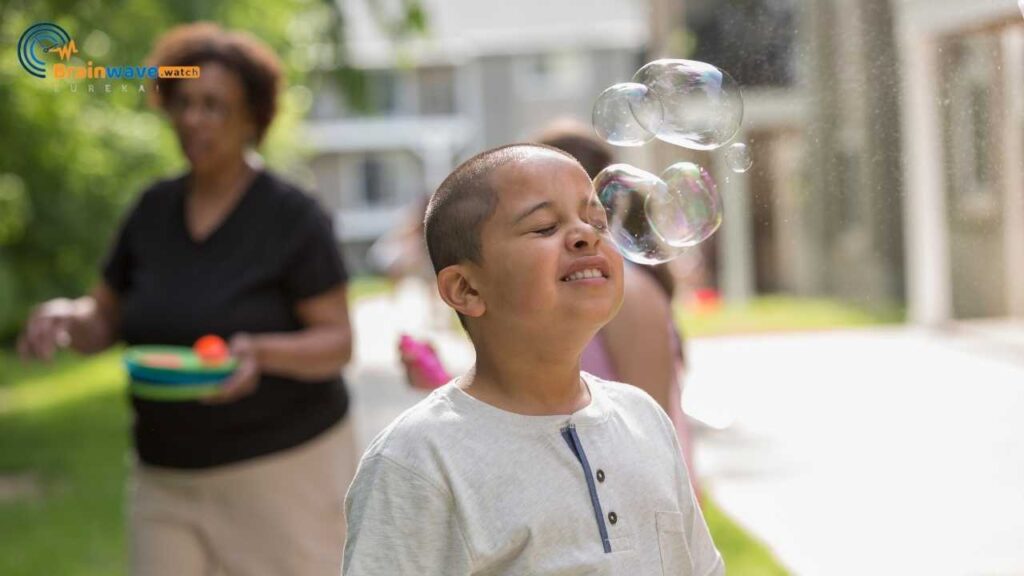Kids with Special Needs are often seen as second-class citizens, but that’s not always the case. In fact, a lot of people who know them think they’re some of the most special kids in the world.
What do you know about kids with Special Needs? How do they feel about their abilities and what kind of life has to offer? These are just a few questions that we wanted to answer in this article.
What are Special Needs?
There are many different types of special needs, but the three most common are: physical, emotional, and cognitive. Each child has unique needs that must be taken into account when planning for their special needs.
Physical Special Needs:
A child with a physical special need may have different abilities than other children. For example, a child with a physical special need may not be able to walk or climb like other children. In addition, this type of need might be accompanied by another specific disability such as cerebral palsy, autism, or Down syndrome.
Emotional Special Needs:
Children with emotional special needs often have problems that go beyond simply being unable to do things. They may experience difficulties communicating, feeling safe around others, or developing self-esteem.
These kids may also require help from caregivers during development and in later life. Cognitive Special Needs: Children with cognitive special needs often have difficulty understanding complex concepts or learning new things on their own.
Some kids with this type of need might benefit from support groups or training to help them learn more easily and effectively.
Read also: Help Your Child Overcome the Challenges of Down Syndrome
How to Help Your Child with Special Needs.
There are a variety of ways to help your child with special needs. Some parents choose to rely on their own abilities and resources to take care of their child, while others find government or private organizations to provide assistance. Here are a few tips for how to help your child with special needs:
1. Assess the Needs of Your Child
Before starting any assistance program, it is important to assess the needs of your child. This will help you determine the type of assistance that is best suited for them and their individual situation.
For example, if your child has a physical impairment that makes them unable to walk, wheelchair-accessible assistive technology may be the best option for them.
2. Choose the Assistance That is Appropriate
There are many different types of assistance available, so you need to choose the one that is best suited for your child and their individual situation.
For example, a physical impairment may not be enough to require a wheelchair-accessible assistive technology program, but if your child has cognitive impairments or requires support in order to learn, then a sign language program may be the best option for them.
3. Seek Assistance from Others Who Can Help You With Special Needs
If you feel like you cannot do it on your own, reach out to other people who can help you with special needs in your community or region.
These people may have additional skills or experience that you don’t have. They can also refer you to local programs that can help meet your specific needs.
4. Get Involved in Local Activities That Support Special Needs Children
Many local activities support children with special needs such as arts and crafts, dance classes, and hikes/bike rides.
Participating in these activities can give your child an opportunity to socialize and develop new skills outside of school as well as learn about healthy living habits and American culture from participating in fun activities!
Read also: An Extra Chromosome, an Extra Blessing
Resources for Helping Your Child with Special Needs.
There are many resources available to help families with special needs children. Some of these resources include special needs organizations, support groups, and individualized services.
Resources for Families Who Are Helping Their Children with Special Needs
If you are looking for help from a family member or friend who has experience helping special needs children, there are many organizations and websites that can offer support.
These organizations can provide information on what kind of assistance is available and how to get started. Additionally, many online resources exist that can help parents learn more about their child’s special needs and find support in the community.
Many online resources exist to help families who are helping their children with special needs. These resources can provide information on what kind of assistance is available and how to get started. Additionally, many families find support through family and friend networks.
Conclusion
Special Needs children face many challenges, but there are ways to help them. Some resources for Special Needs adults and families include one way to get help, resources for families who are helping their special needs children, and information on how to help your child with special needs.







